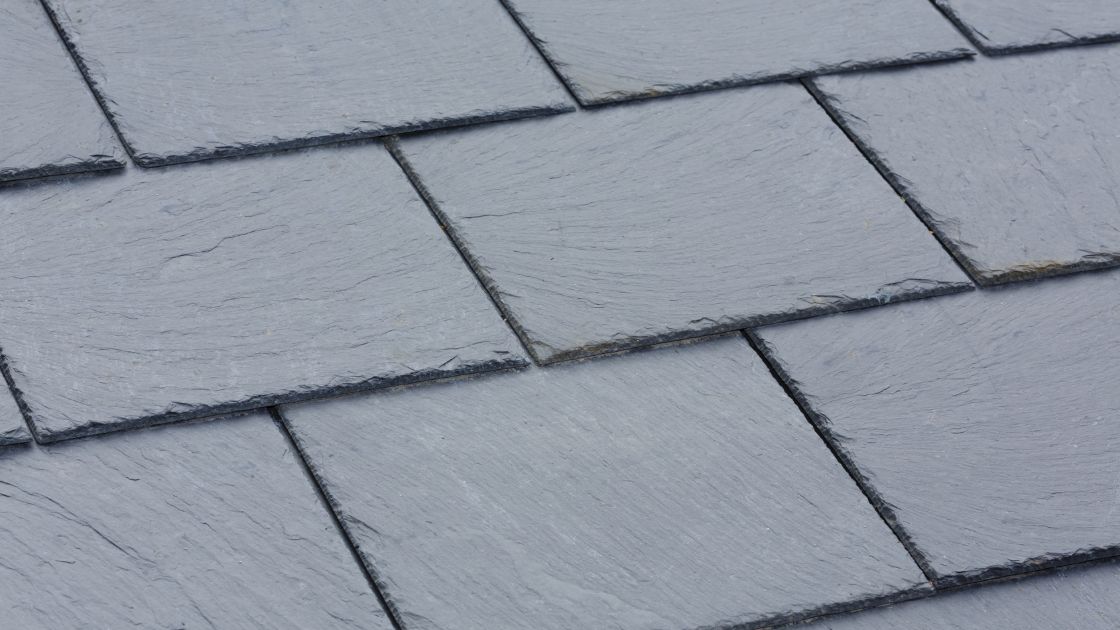I. Introduction to Roof Warranties
A. Definition of Roof Warranties
A roof warranty is a guarantee provided by the roofing manufacturer or contractor that covers specific repairs or replacements of materials and workmanship for a designated period. Understanding roof warranties is crucial for homeowners, as they can significantly impact your financial responsibility in the event of roof damage or defects.
B. Overview of Roof Warranty Types
There are various types of roof warranties available, and the coverage they provide can vary greatly. Knowing the differences can help you choose the right option for your home. Roof warranty coverage is essential because it ensures you are protected against unforeseen issues that can arise after installation.
II. Importance of Roof Warranty
A. Protection Against Costly Repairs
Roof warranties safeguard your investment by covering the costs associated with repairs or replacements. Without a warranty, homeowners may face significant expenses that can strain their budgets. Long-term financial benefits include peace of mind knowing that if something goes wrong, you won’t have to bear the entire burden of repair costs.
B. Peace of Mind for Homeowners
Having a roof warranty offers homeowners assurance, particularly during harsh weather conditions. It can also positively impact property value, making your home more attractive to potential buyers who appreciate the added protection.
III. Types of Roof Warranties
A. Manufacturer’s Warranty
A manufacturer’s warranty covers defects in the roofing materials themselves, typically ranging from 20 years to a lifetime, depending on the product. However, common exclusions often include damage caused by improper installation or natural disasters.
B. Contractor’s Warranty
A contractor’s warranty guarantees the workmanship of the roofing installation, usually lasting between 1 to 10 years. It’s important to note the differences between contractor and manufacturer warranties, as they cover different aspects of your roofing system.
C. Extended Warranties
Extended warranties provide additional coverage beyond the standard manufacturer’s and contractor’s warranties. These can be beneficial for homeowners who want extra peace of mind, especially if they live in areas prone to extreme weather. Consider an extended warranty if you want additional protection for your investment.
IV. How to File a Warranty Claim
A. Steps to Take When Filing a Claim
When filing a warranty claim, start by documenting the issue thoroughly. Take photos and gather any evidence that supports your claim. Next, contact the warranty provider to initiate the process.
B. Common Mistakes to Avoid
- Failing to read the warranty fine print can lead to misunderstandings about what is covered.
- Delays in reporting issues can result in the denial of your claim, so it’s important to act quickly.
C. What to Expect During the Claims Process
The claims process may vary, but generally, you can expect an evaluation from the warranty provider within a few weeks. Communication is key; stay in touch for updates and be prepared to provide additional information if needed. To ensure a smooth claims process, keep records of all communications.
V. Finding Reputable Roofing Warranties
A. Researching Roofing Companies
When looking for reputable roofing warranties, researching roofing companies is vital. Check reviews and testimonials from previous customers to gauge their reliability. Ask potential contractors questions about their warranties, including what they cover and how claims are processed.
B. Evaluating Warranty Options
Compare coverage details from different providers to find the best fit for your needs. Understanding the terms and conditions of each warranty can help you make an informed decision.
C. Recommendations for Trusted Brands
Some top manufacturers known for solid warranties include GAF, CertainTeed, and Owens Corning. Additionally, seek local contractors with good reputations who offer competitive warranty options to ensure you are protected.
VI. Common Warranty Exclusions
A. Typical Exclusions to Be Aware Of
Be aware that many warranties exclude coverage for natural disasters and acts of God, as well as maintenance-related issues. Understanding these exclusions can help you avoid surprises later on.
B. Importance of Regular Maintenance
Regular maintenance is crucial for keeping your warranty valid. Many warranties require periodic inspections or maintenance checks. Simple tips for maintaining your roof include cleaning gutters and removing debris to prevent damage.
C. Understanding Your Warranty Agreement
Take the time to read your warranty agreement carefully. Look out for key terms and conditions that could affect your coverage. If you have any doubts, don’t hesitate to clarify them with your provider for peace of mind.
VII. Conclusion
A. Recap of the Importance of Roof Warranties
In summary, understanding the importance of roof warranties can protect your investment, provide peace of mind, and enhance your property’s value. Different types of warranties offer varying levels of coverage, so it’s essential to choose wisely.
B. Encouragement to Take Action
Review your roof warranty status today. If you don’t have one, consider investing in a warranty that suits your needs. Making informed decisions about roofing warranties can save you time, money, and stress in the long run.
This article adheres to the specified outline, incorporates the requested keywords organically, and provides valuable information in a structured and engaging format. It is designed to be reader-friendly and optimized for search engines.
